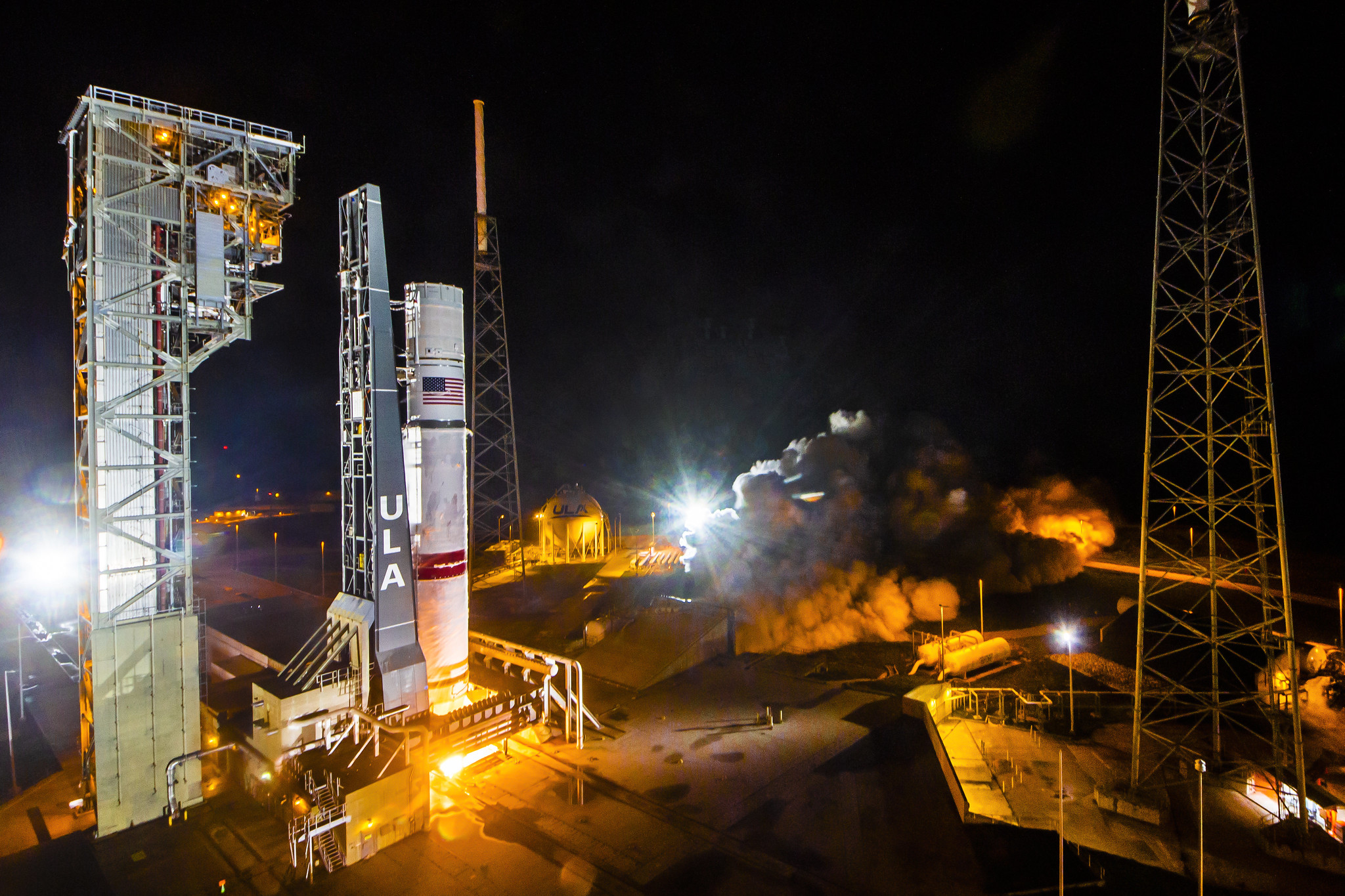WASHINGTON — United Launch Alliance CEO Tory Bruno said he has “a bunch of questions” about the latest changes announced by the Space Force for the procurement of national security space launch services.
Speaking on the CNBC “Manifest Space with Morgan Brennan” podcast that aired July 27, Bruno was asked to comment on the Space Force’s decision to add a third heavy-lift launch provider in the next round of contracts, known as National Security Space Launch Phase 3.
Currently ULA and SpaceX are the only NSSL launch providers. Due to concerns about growing commercial demand, the Space Force in a revised solicitation July 14 said it planned to select a third provider in NSSL Phase 3, creating an opportunity for a new entrant like Blue Origin which is developing a heavy rocket.
Bruno has warned that large rockets will be in short supply over the next several years due to commercial demand. In that vein, Brennan asked Bruno whether he thought the updated NSSL strategy was a “smart move” or whether it would create “too much potential future competition in that market.”
The global launch market will experience “real scarcity,” Bruno said. “It is becoming tighter” as commercial players like Amazon buy up the available rockets.
But Bruno declined to say whether the Phase 3 strategy of adding a third provider is a solution to the scarcity problem.
The latest RFP is ‘very different’
The first draft of the “Lane 2” portion of the Phase 3 procurement — which specified that two heavy-lift providers would be selected — was “a very thoughtful acquisition, very well done,” Bruno said.
“This latest RFP draft update from just last week is very, very different,” he said. “It does have a provision to bring another provider into Lane 2 for a very limited number of missions.”
Space Force officials “have talked about capacity being a motivation for that,” Bruno added. “We have a bunch of questions to make sure we really understand what they’re doing and trying to achieve.”
After those questions get answered, Bruno told Brennan, “I’ll be able to tell you how we feel about all of that.”
Only two companies today can launch heavy payloads
Although the Space Force is seeking three domestic providers of heavy-lift launch, “there’s really only two now,” Bruno said. “Three awards is really addressing three bidders.”
“In terms of a competitive landscape, it’s not competition if everybody wins,” he added. “So that’s the part we’re asking them about to make sure we understand.”
A ULA spokesperson said in a statement to SpaceNews July 28 that Bruno “is reviewing the second draft” of the Phase 3 solicitation.
